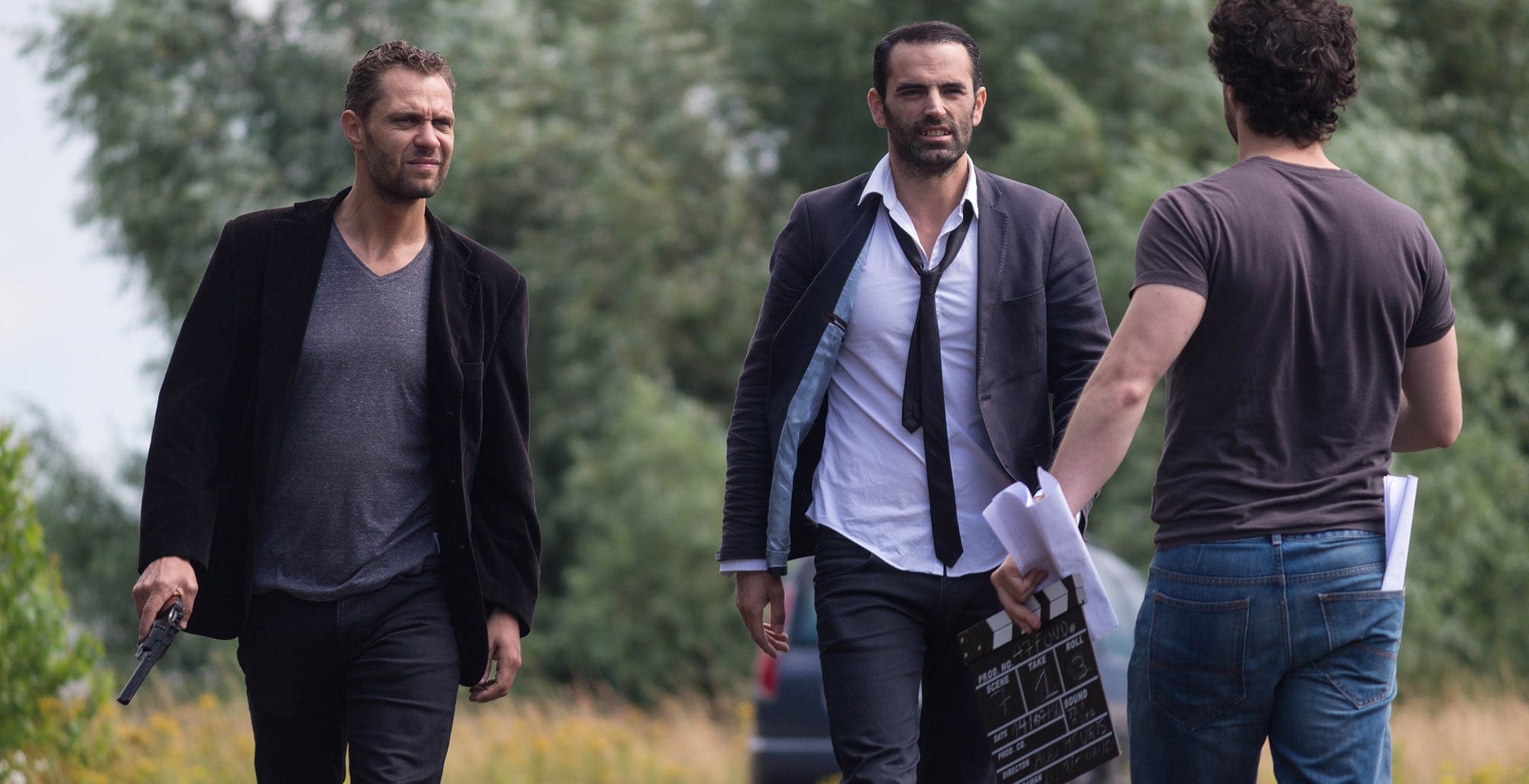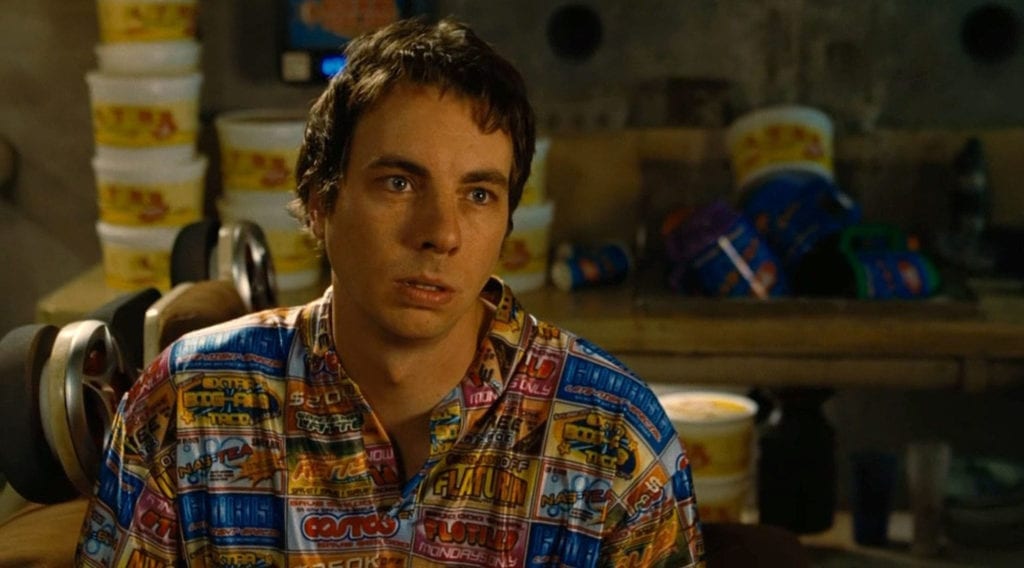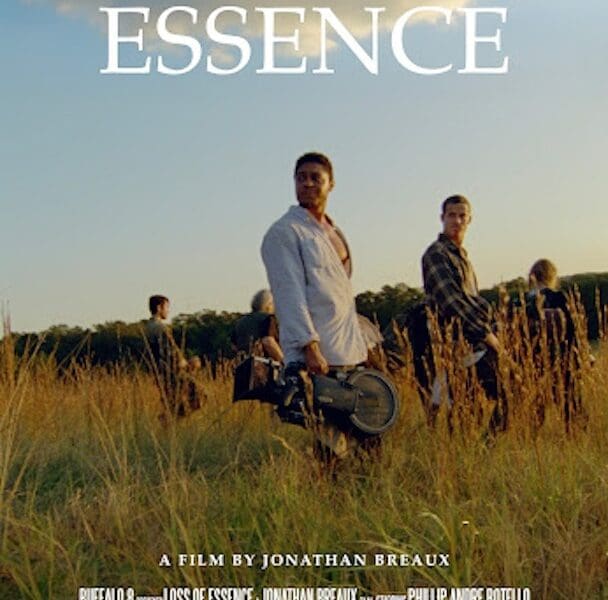
The pros and cons of casting non-actors in movies
When making a movie you can use two types of people to portray your characters: actors or non-actors. While you might think most would prefer to pull their talent from the latter camp, directors like Ken Loach (I, Daniel Blake) & Larry Clark (Bully) have made a majority of their movies with so called non-actors and it’s worked fine for them.
On the contrary, there are also many filmmakers out there who wouldn’t dream of pulling some guy or gal off the street to lead their big budget movie. As is the case with all creative projects, there’s no right or wrong answer. With this in mind, let’s take a look at the pros and cons of using non-actors in your films.

Pros
They’re natural
Acting takes a lot of skill, but if you want to strip it back to its most basic, it can just involve talking while being filmed. If you can find someone who is natural and not bothered about having a camera pointed in their face, you might get a wonderfully observed and natural performance from them (even if in reality they’re not really performing at all).
They’ve not been tainted by training
Training and education can only be a good thing in any artform, but sometimes it can take away the originality of a performer. Non-actors won’t have this training to fall back on and so might just surprise you by going somewhere completely unexpected with their performance. And this might just be what you need to elevate your film.

They’ll be enthusiastic
The non-actor probably never thought they could actually wind up on a film set and it’s this enthusiasm and appreciation that’ll shine through during their performance. It’ll be a real, authentic, and natural enthusiasm, rather than one that’s being forced through a fake smile after decades of auditions and rejections.
Cons
They’re inexperienced
While acting can be made to look awfully easy, most of the time it’s actually very tough and requires knowledge of the craft. You might want to shoot a scene a number of times and someone who doesn’t have that acting background might not understand why.

Frank Sinatra was famous for it, and there is even a scene in The Manchurian Candidate where he is out of focus, the reason for this being that he refused to do anymore takes that day, so the best they had was one that really shouldn’t have been in the final edit of a big budget movie.
Learning (and remembering) lines isn’t easy
Learning lines is a skill and remembering them (especially monologues and all that jazz) is very hard to do. If you have anything that’s more than say a paragraph in your script, it’s likely going to be a struggle for someone who doesn’t have any acting or training experience and you might end up doing a hell of a lot more takes than you were hoping to do.

They’re more connected to the “real world”
When an actor is in a movie, more often than not that movie will be the only thing they are thinking about and everyone in their lives will be told not to bother contacting them when they’re working on their performance. However, non-actors might not have that. They might have another job they’re going back to after they’ve finished, so they might not have that same level of commitment to the project that professional actors will have.

Child actors
By definition, all child actors are non-actors. They simply haven’t lived long enough to have any credible amount of experience to say they’re an actor until they reach 18. So anytime you cast a child actor, you’re going to be working with a non-actor (as much as their pushy parents might dispute that).
That’s not to say they won’t be able to remember lines or hit their marks, but they may also start screaming for no apparent reason on set. This is just a warning for all aspiring filmmakers out there – be prepared!







